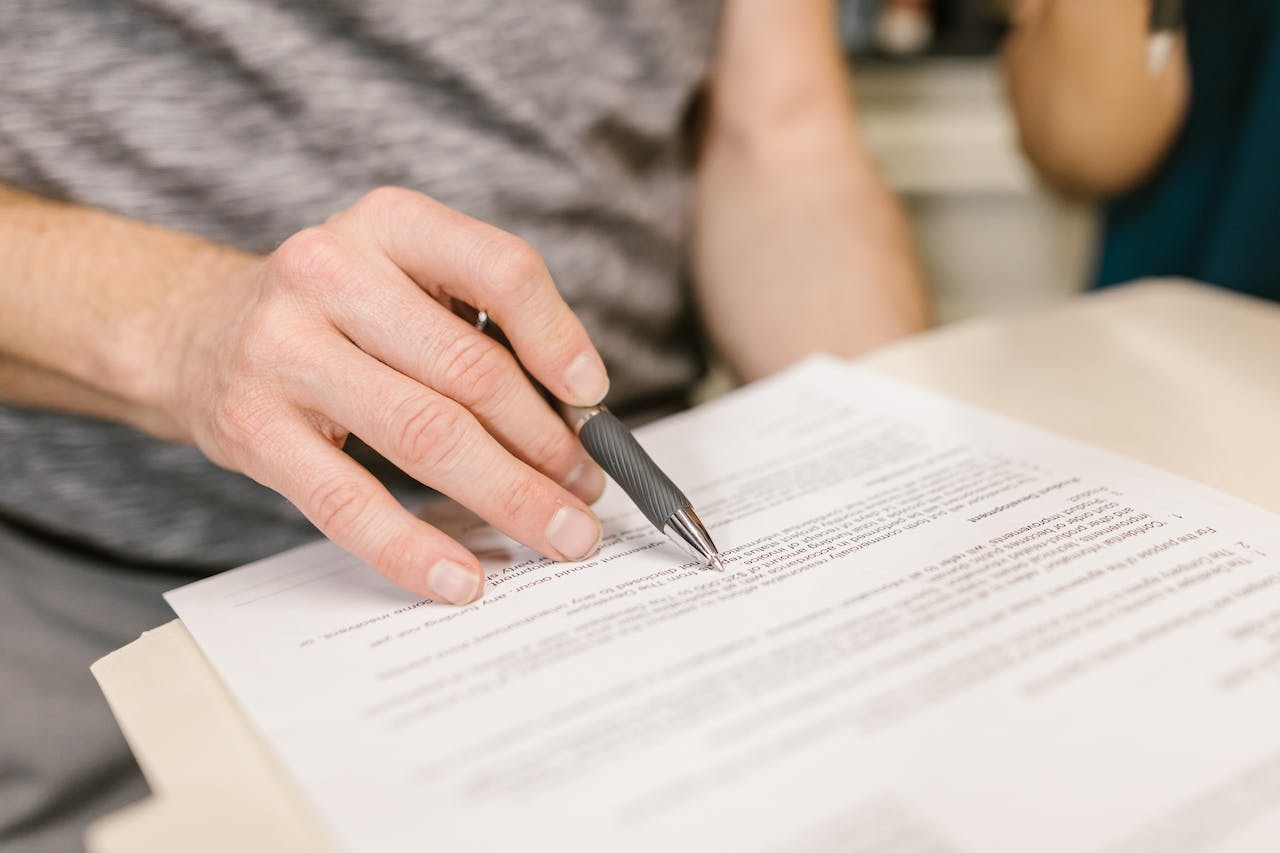Renting a property can be an exciting and daunting experience at the same time. While it may seem like a straightforward process, there are several things that tenants should check before signing a lease agreement. Here are ten things that tenants should consider before renting a property.
Location
The location of the property is one of the most important factors to consider. Is the property located in a safe neighborhood within a reasonable distance to work, schools, and amenities? Often rentals that are closer to city centers and popular activities are much more expensive, so if you are considering something a little further away from the hustle and bustle, then it pays to know the limits of the local public transportation system.
Budget
Ensure that the rent is within your budget and that there are no hidden fees or charges. Often times landlords will try to make the tenant responsible for as much as possible to save money, be sure to read every word of the lease so that you are not caught off guard.
Lease Agreement
Carefully read and understand the lease agreement before signing it. Ensure that you agree with all the terms and conditions, including the length of the lease, rent amount, and security deposit. If any verbiage within the lease is confusing or questionable to you, make sure that you get clarification from the would-be landlord before signing to avoid any pitfalls or legal matters down the road. Most landlords will use a lease agreement that has been drawn up by an attorney or entity that knows rental law, so there’s no harm in having it looked at by someone else who can help you understand if entering into that particular lease is a good idea or not. Always remember that if something doesn’t feel right, it probably isn’t. Go with your gut.
Maintenance
Check the condition of the property inside and outside for possible hazards and proper upkeep. Does it look like the landlord keeps it well-maintained? Is the grass cut, leaves raked, snow removed from sidewalks? Are all appliances and fixtures in good working condition? Are there any signs of leaks or previous water damage? If you have any questions or concerns, be sure to have the landlord clarify them for you. Have him or her go over the maintenance and repair policies and be sure to review our 30-Point Checklist for New Renters.
Security
Verify that the property has adequate security measures in place. Verify the locks have been replaced after the last tenant moved out. If you plan on adding any home security cameras to the property, check with the landlord or condo associated to get an understanding of their particular rules. Often landlords will add rules into lease verbage that will unwittingly violate a tenant’s rights, so be sure to check with local laws to ensure that you know your rights when it comes to security cameras on the property. Many properties come with alarm systems for an extra fee. If this is the case read that section within the lease carefully and as in the case with the door locks ensure that the security code has been changed from the last renter.
Parking
Check if the property has adequate parking space for your needs and if there are any additional charges associated with multiple vehicles or on-street parking. Verify where visitors may park their vehicles.
Utilities
Verify with the landlord, which utilities are included in the rent if any. Many municipalities charge a connection fee or deposit prior to initiating service, so call ahead so that you can add it to your budget.
Pet Policy
Tenants with pets should check if the property allows pets and if there are any additional charges or restrictions for pet owners. It is better to do this upfront so as to not waste time viewing a property that ultimately does not accommodate your furry friend.
Noise
When you go to view the property, first spend some outside to evaluate the noise level in the neighborhood. Is there any construction going on? Maybe the neighbor is blaring the radio while working on their car. A playground nearby? This will give you an idea of what to expect when it comes to living there full-time.
Landlord
Check the landlord’s reputation and ensure that they are responsive and easy to work with.
In conclusion, renting a property can be a great experience if tenants take the time to consider these ten factors before signing a lease agreement. By doing so, tenants can ensure that they find a property that meets their needs and ensure they have a positive renting experience.

